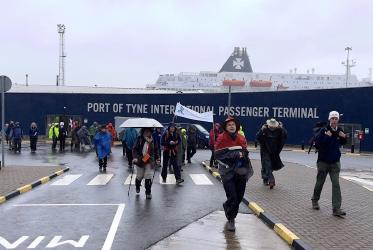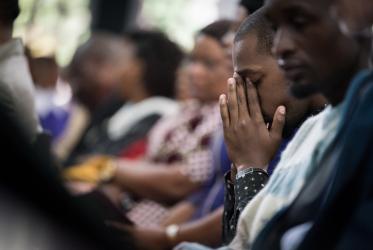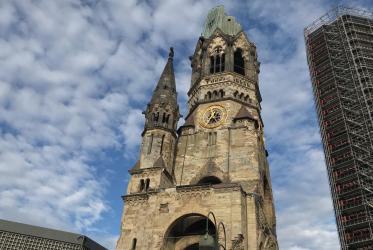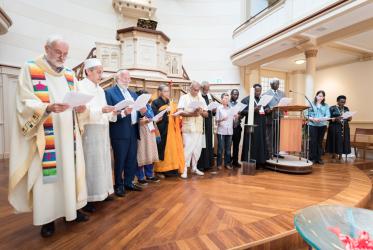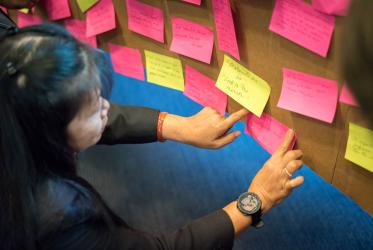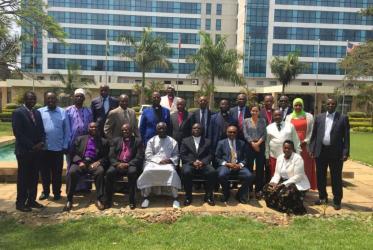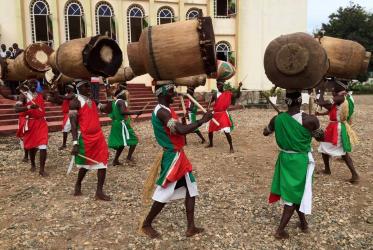Displaying 1 - 20 of 27
“Love will find a way”
23 August 2018
What difference does dressing in black make?
02 August 2018
Working toward an AIDS-free generation
26 July 2018
Building bridges of faith in the HIV response
25 July 2018
Building Bridges in the global HIV response
25 July 2018
New Executive Committee members elected in Trondheim
28 June 2016
Calls for peace in Burundi grow louder
10 March 2016
WCC and AACC express grave concern over situation in Burundi
18 December 2015
“European solidarity must be strengthened”
29 October 2015


